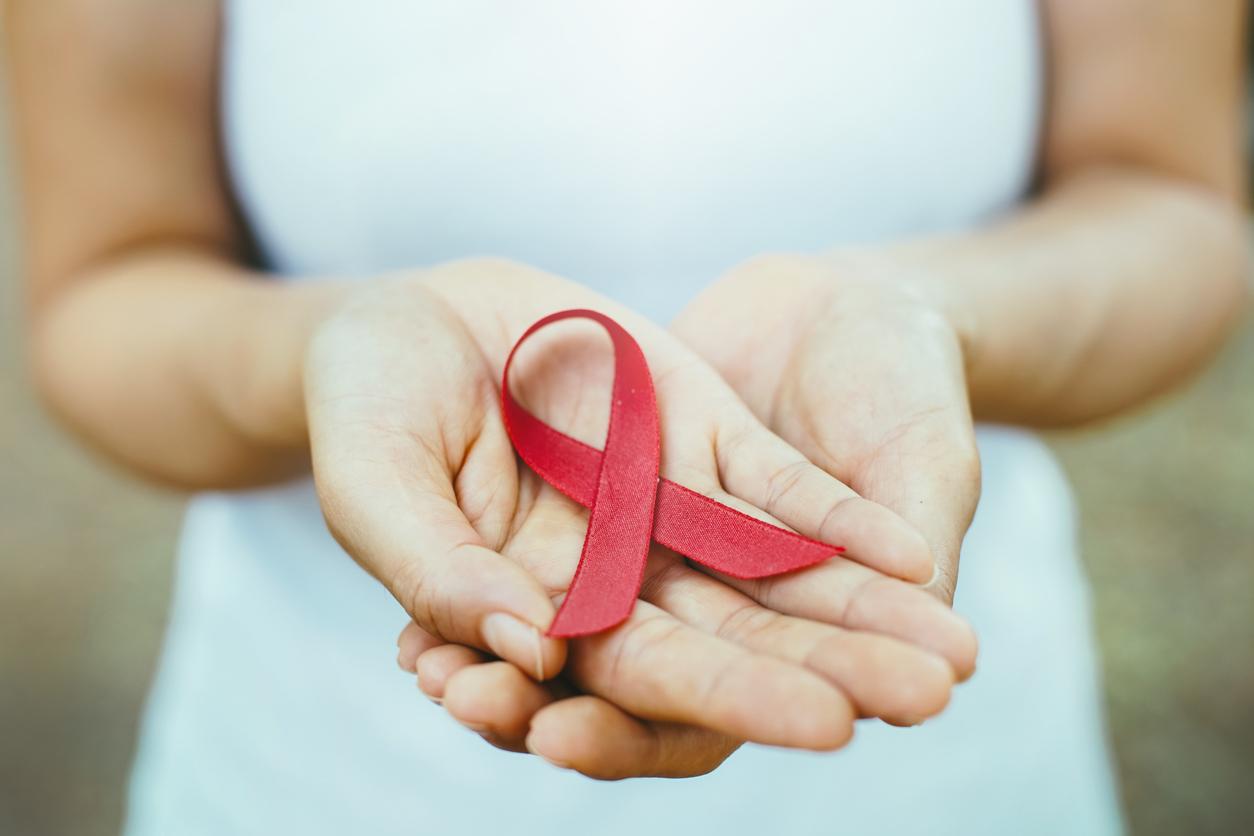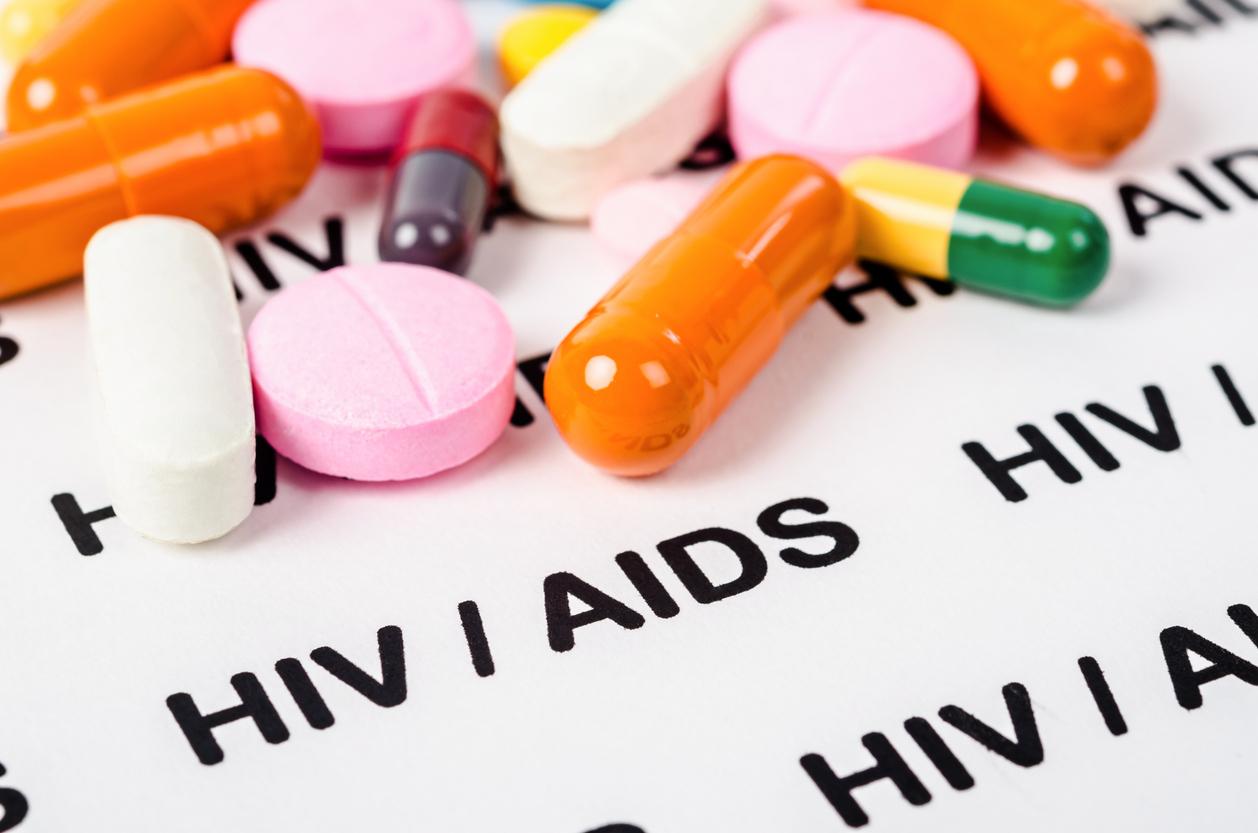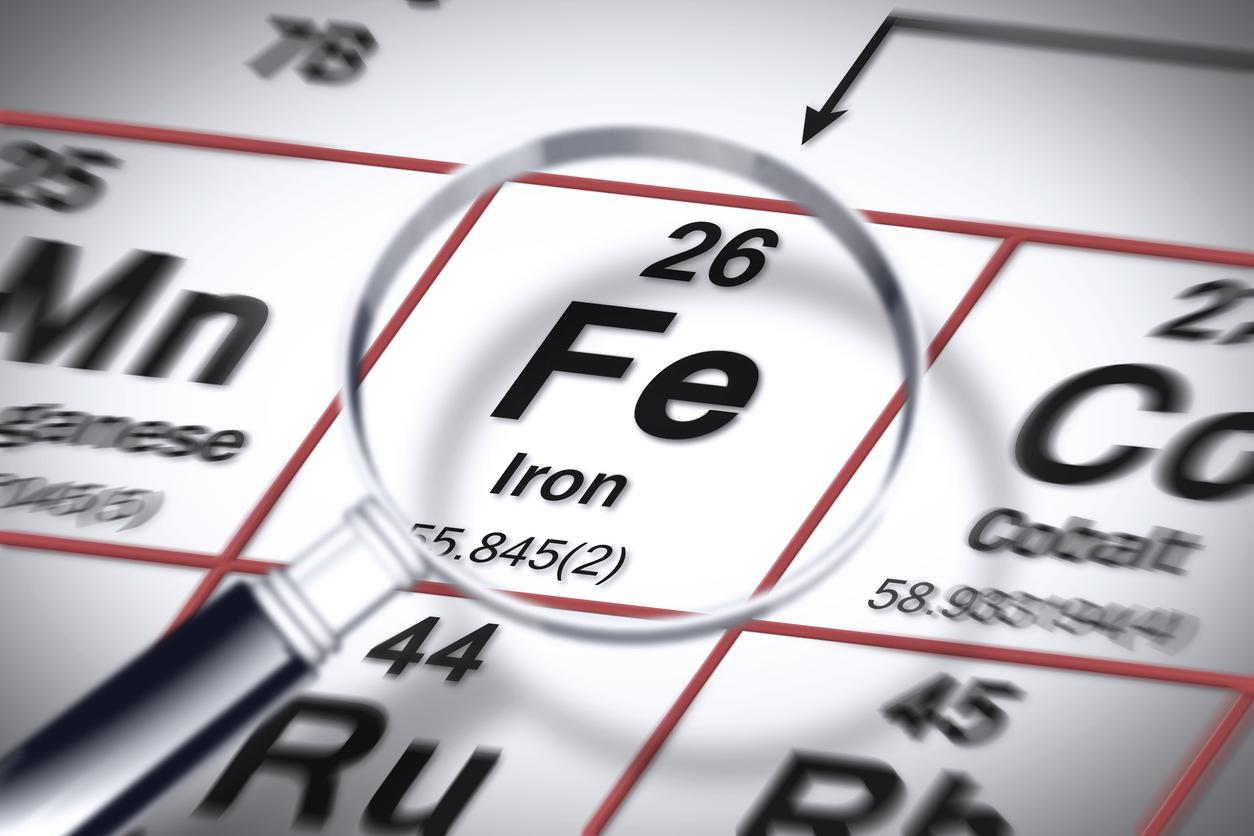As Sidaction begins today, the director, Florence Thunes, herself HIV-positive since 1997, takes stock of AIDS and HIV, this other epidemic which still kills 700,000 people a year worldwide and affects 38 million of people.

- Sidaction 2022 starts this Friday, until Sunday
- You can support Sidaction online on the sidaction.org website by telephone by calling 110 and by text message by sending “DON” to 92110 (5 euros per text message)
- Sidaction funds research on HIV and the actions of associations in the field that carry out prevention and support people with HIV in their life course, in France but also in West and Central Africa and in Eastern Europe.
“HIV for me was death”
Often confused with each other, HIV and AIDS are two different things. In this case we speak of the virus: HIV and the other of the last stage of the disease developed after an infection when we do not have access to treatment. When you contract the HIV virus, your immunity drops and you can develop a number of pathologies that lead to AIDS, the last stage that can lead to death. Thus, when you have AIDS, you are necessarily a carrier of HIV, but the reverse is not true: people with HIV do not all develop AIDS. In both cases, the fear is very present.
Florence Thunes bears witness to this: she learned that she was HIV positive in 1997 “HIV for me was death”.
“You have AIDS, it’s almost an insult”
Today, this fear and the weight of secrecy is still an obstacle for infected people who hesitate to talk about it, especially because the stigma is still very present, especially within the medical world, as Florence Thunes regrets been confronted.
The subject is still too taboo, but “the less we talk about it, the more what remains are fears and fantasies,” she says. Some still fear catching the virus by sharing a toilet with an HIV-positive person. However, the risk of transmission exists only in two cases: during unprotected sexual relations with a person carrying HIV who is not aware of his illness or who is not on treatment and transmission by blood when using non-sterile material. Similarly, the HIV virus cannot be transmitted through sweat or saliva.
However, stigma has a hard tooth and unfortunately little progress has been made on issues of discrimination. “You have AIDS, it’s almost an insult,” says Florence Thunes. As part of the Sidaction, a survey was conducted among young people. They are 95% to have confidence in the condom but more than 20% of young people say “no to sexual relations with an HIV-positive person”.
The treatment protects
Florence admits to having had a psychological barrier herself and did not have sex for 10 years the first years after the discovery of her HIV status: “I entered a world where I could represent a danger for other people” . But this fear is unfounded since an HIV-positive person undergoing treatment has no risk of transmitting the disease: the treatment protects and acts in prevention.
There are now several that allow you to regain immunity: ingestion only every two months, several pills or just one, the treatment is for life. And you have to find the one that best suits the patient because the side effects such as weight gain, disruption of the digestive system, have not yet disappeared.
Today, studies show that an HIV-positive person who is quickly put on treatment has the same life expectancy as an HIV-negative person. Florence Thunes had difficulty at the time of the announcement to project herself on a normal life expectancy: “I was afraid of dying, today I am aging with HIV”
But there can be deleterious effects from the presence of the virus in the body and a number of cardiovascular diseases are more prevalent in people who are aging with HIV (risk of diabetes, etc.) and other pathologies associated with HIV. HIV.
Screening saves lives
Of those who find out about their HIV status, more than 20% are over 50 years old. It has been possible to get tested in any laboratory since the beginning of 2022, without a prescription. There are a multitude of places and ways to get tested: self-test in pharmacies, in hospitals or in screening centers (CEGIDD). A preventive treatment before risky sex is also available, PrEP. It is recommended to get tested at least once in your life.
Below, the program with Florence Thunes, director of Sidaction:
.

















